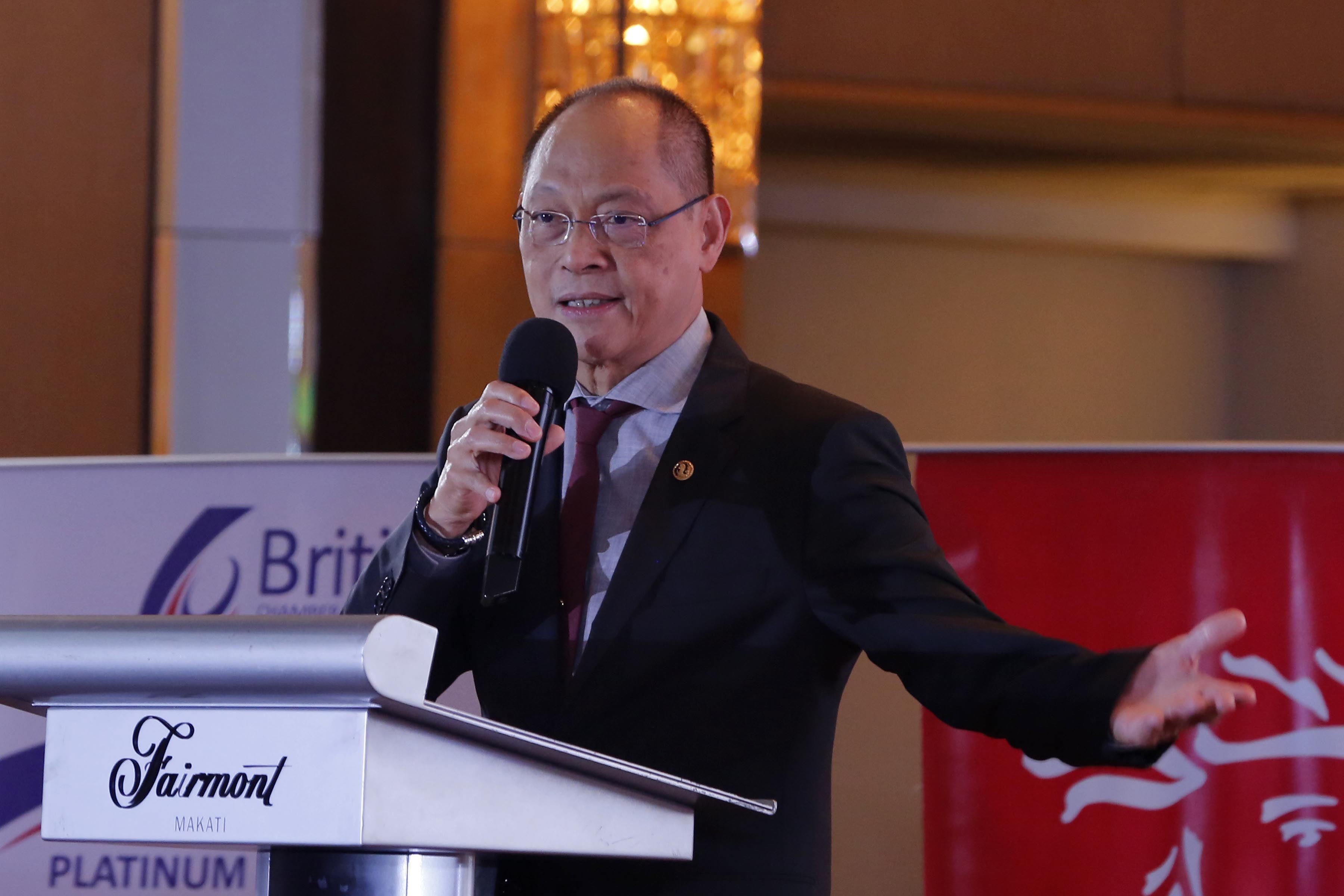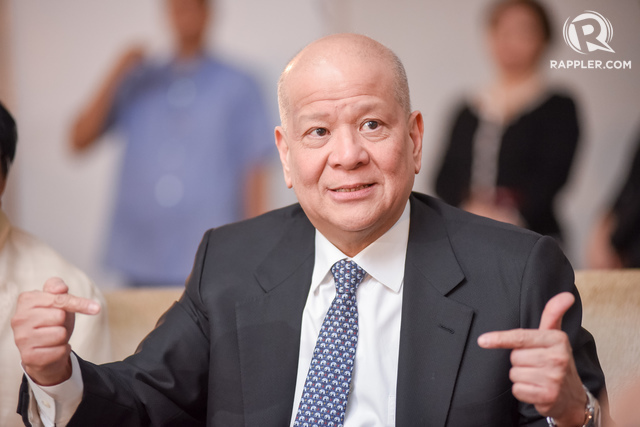
MANILA, Philippines – Ayala-led Bank of the Philippine Islands (BPI) got the green light from the Bangko Sentral ng Pilipinas (BSP) to raise up to P30 billion through a bond offering to investors.
In a disclosure to the Philippine Stock Exchange on Thursday, October 19, BPI said that it "received today the advice from the BSP that the Monetary Board approved the request of BPI for authority to issue Long-Term Negotiable Certificates of Time Deposit (LTNCTD) in the aggregate amount of up to P30 billion."
"The LTNCTD will be issued in one or more tranches with the first tranche targeted to be issued within the year, subject to prevailing market condition. The issuance will support BPI's expansion plans and diversify the Bank's funding sources," BPI added.
Similar to bonds, LTNCTDs are negotiable certificates of deposit with a designated maturity, and represent a bank's obligation to pay the face value upon maturity, with periodic coupon or interest payments during the life of the deposit.
One pertinent feature of LTNCTDs is that a holder's interest income is exempt from withholding taxes if the LTNCTDs are held for at least 5 years.
Fundraising for expansion
With the move, BPI becomes the latest local bank to raise funds for expansion.
The country's top banks have so far raised around P45.72 billion from the issuance of LTNCTDs as listed at the Philippine Dealing and Exchange Corporation (PDEx).
The offerings were led by the country's biggest bank, Sy family-controlled BDO Unibank, which raised a record P11.8 billion through the issuance of LTNCTDs in August, bringing the total listed amount of the SM Group on PDEx to P155.24 billion.
Gotianun-led East West Banking Corporation raised P10 billion from 5 tranches of LTNCTD issuances.
More recently, Dy-led Security Bank Corporation launched the 1st tranche of its planned P20-billion LTNCTD issuance earlier this week. The bank looks to raise at least P5 billion to fund its asset growth and lengthen the maturity profile of its liabilities.
Lucio Tan-led Philippine National Bank (PNB) also launched the 3rd tranche of its planned P20-billion LTNCTD issuance earlier this month, aimed toward raising at least P3 billion. The bank has so far raised P3.76 billion of the P20 billion, which is also intended for long-term corporate purposes as well as part of overall liability management. – Rappler.com




















